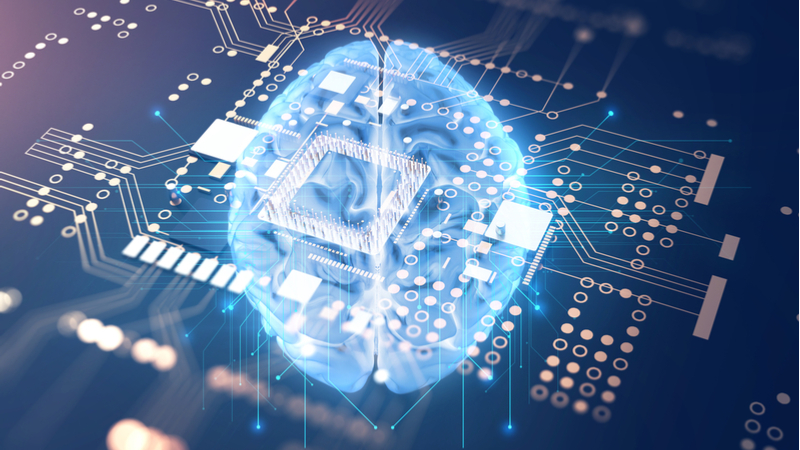
The National Security Commission on Artificial Intelligence (NSCAI) this week released its initial assessment on the national security potential of artificial intelligence (AI) technologies, and specified five key areas where it said U.S. policy needs to change.
NSCAI, which was chartered by Congress in the Fiscal Year 2019 National Defense Authorization Act to examine U.S. competitiveness in AI, detailed five primary Federal lines of effort in AI policy:
- Investment into AI research and development (R&D);
- Application of AI to national security missions;
- Training and recruitment of AI talent;
- Protection and expansion of technological advantages; and
- Leadership in global AI cooperation.
And for each of those, it also talked about significant policy pitfalls.
The commission said that Federal R&D funding has not kept pace with the potential of AI technologies. According to the report, the U.S. has returned to pre-Sputnik (1957) levels of Federal R&D funding as percentage of Gross Domestic Product (GDP), and trailing nine countries on total government R&D expenditures.
Further, it said AI is not realizing its potential to execute core national security missions because agencies are failing to embrace the technology. NSCAI laid the blame for that on bureaucratic impediments, and tendency to undertake isolated AI test cases.
NSCAI also criticized the shortage of AI talent in government agencies – specifically in the Department of Defense (DoD). It made workforce development recommendations to Federal agencies including undertaking more widespread use of AI technologies, and improving training on basic AI principles.
The commission asserted that the U.S. has a technological advantage when it comes to implementing AI, but also warned that China is a close competitor. NSCAI recommended export controls to protect AI hardware, and preservation of an open research system with U.S. academia to maintain the nation’s AI edge.
Finally, the commission said the U.S. should lead creation of AI norms worldwide by fostering international collaboration. By establishing a network of allies dedicated to AI data sharing, R&D coordination, capacity building, and talent exchanges, the U.S. could set the tone for AI integration and combat malicious actors, it said.
Across all five principles, NSCAI said that ethical and responsible development and deployment of AI is a top priority. The commission said it is still developing best practices for operationalizing AI technologies that are trustworthy, explainable, and free of unwanted bias.
NSCAI is set to release its final report in October 2020.
